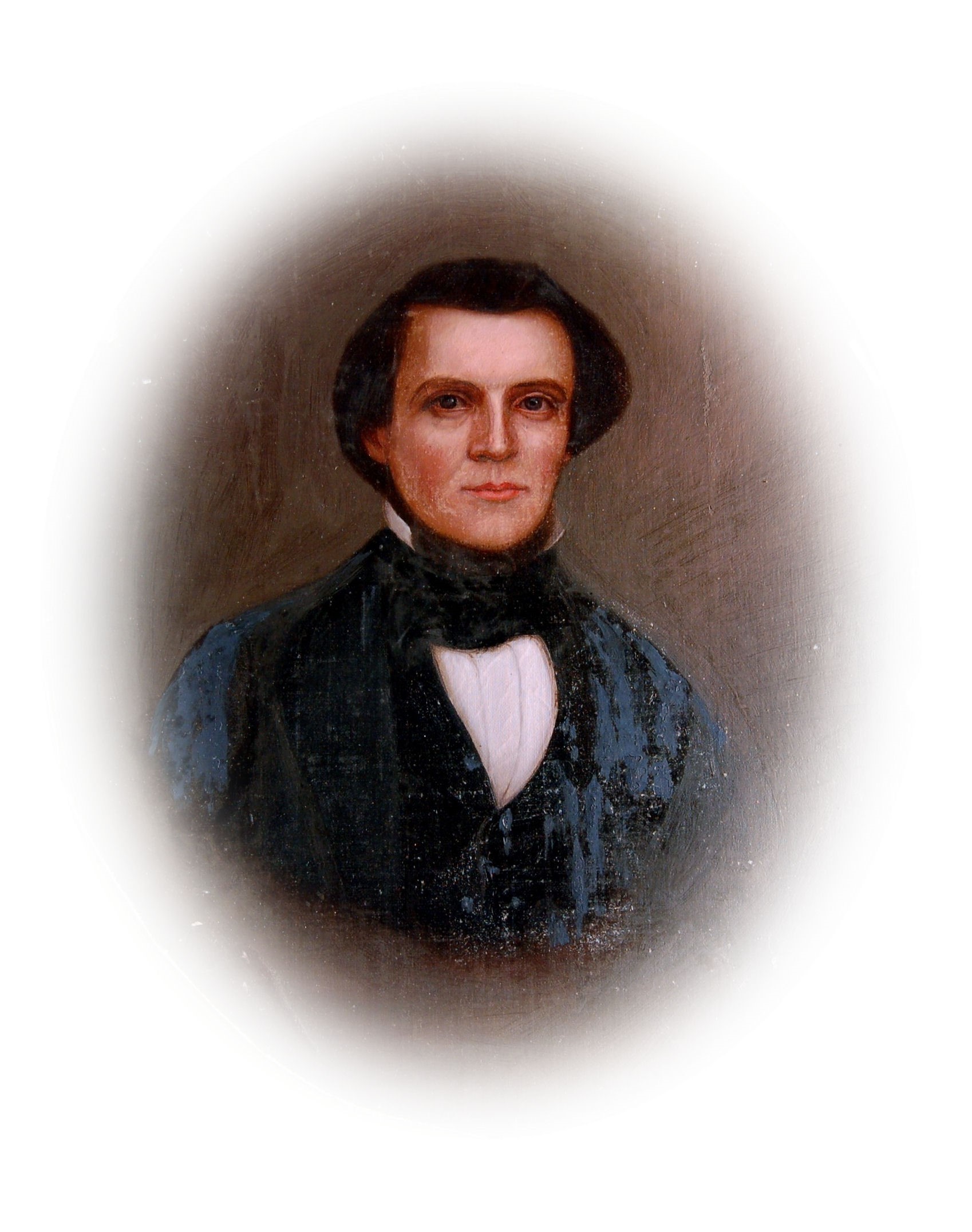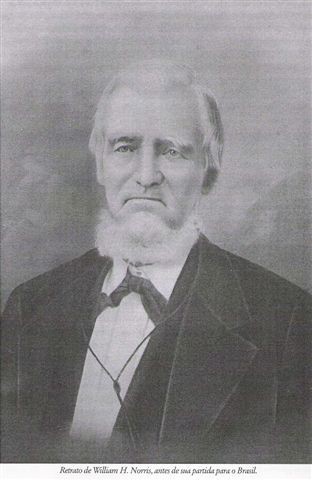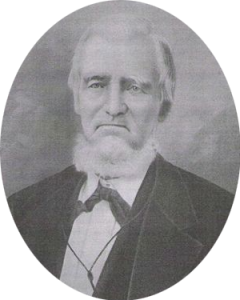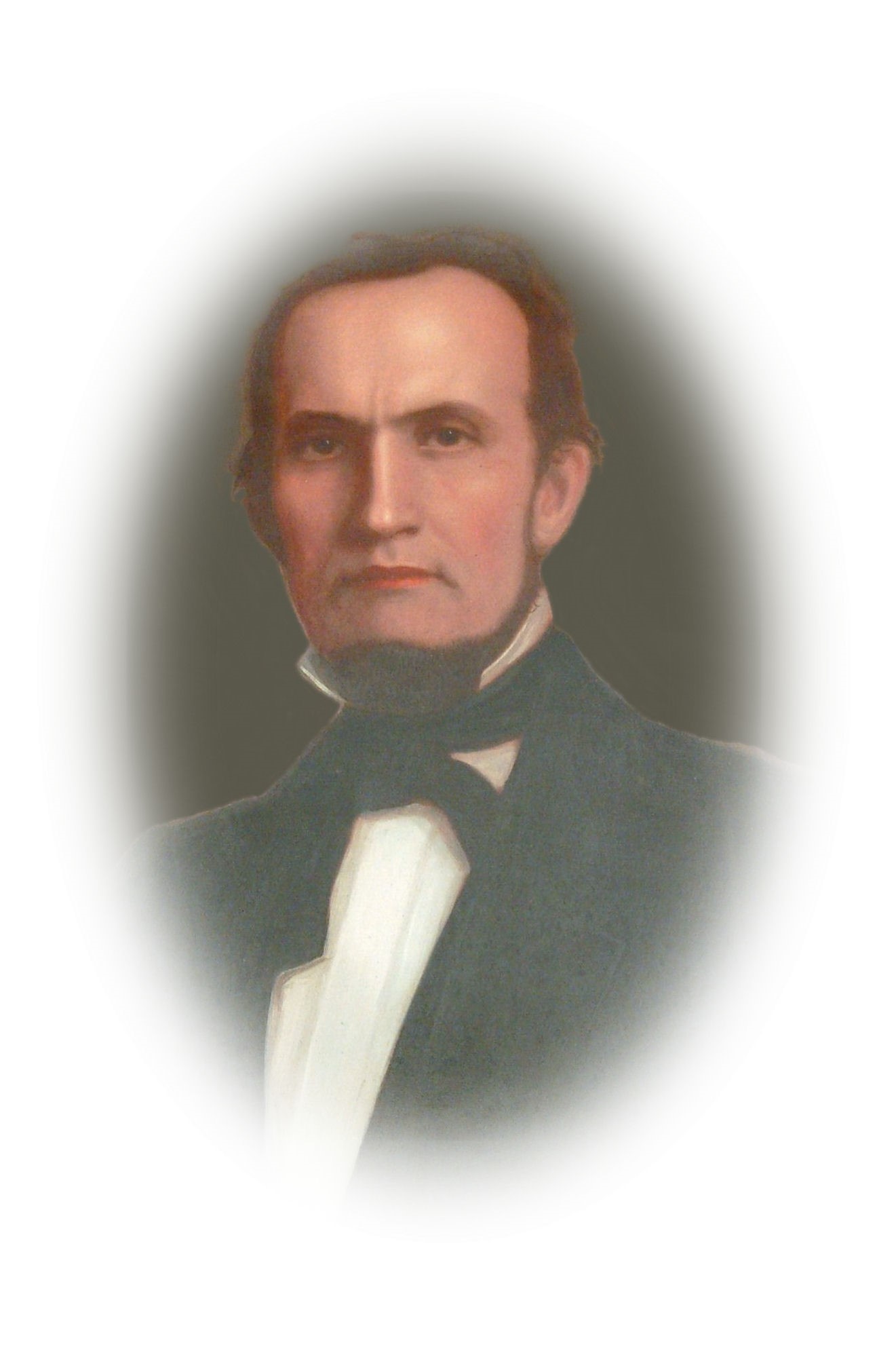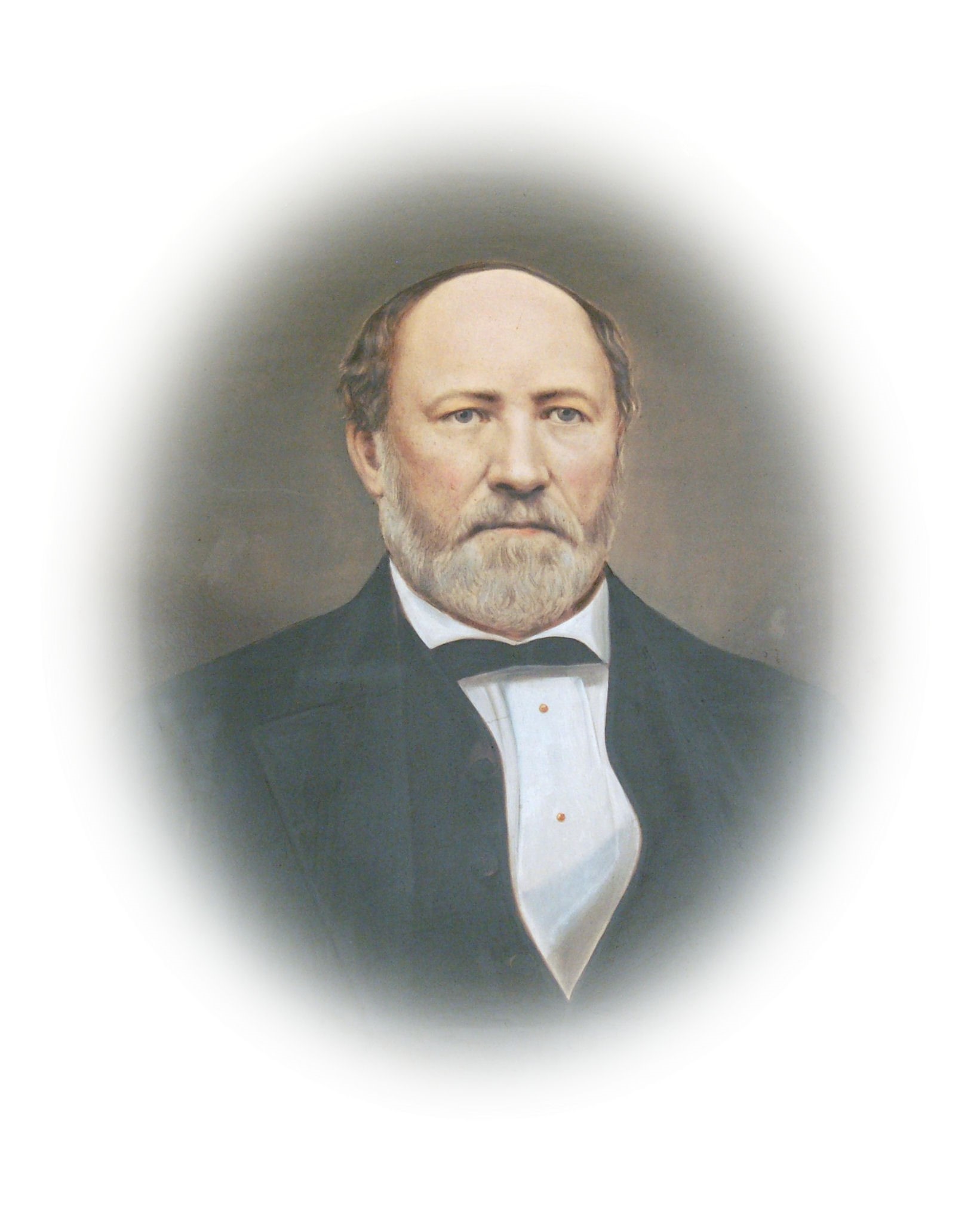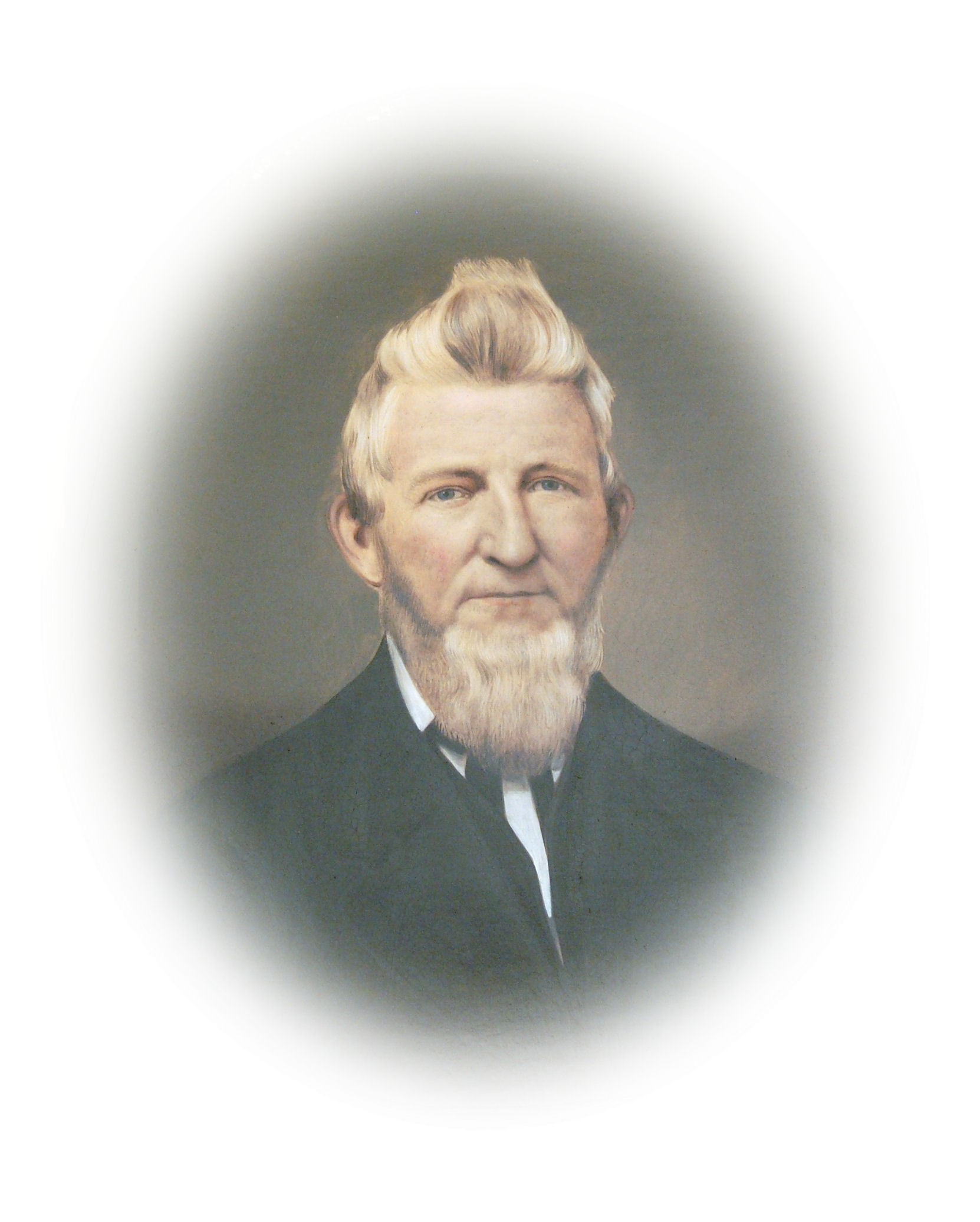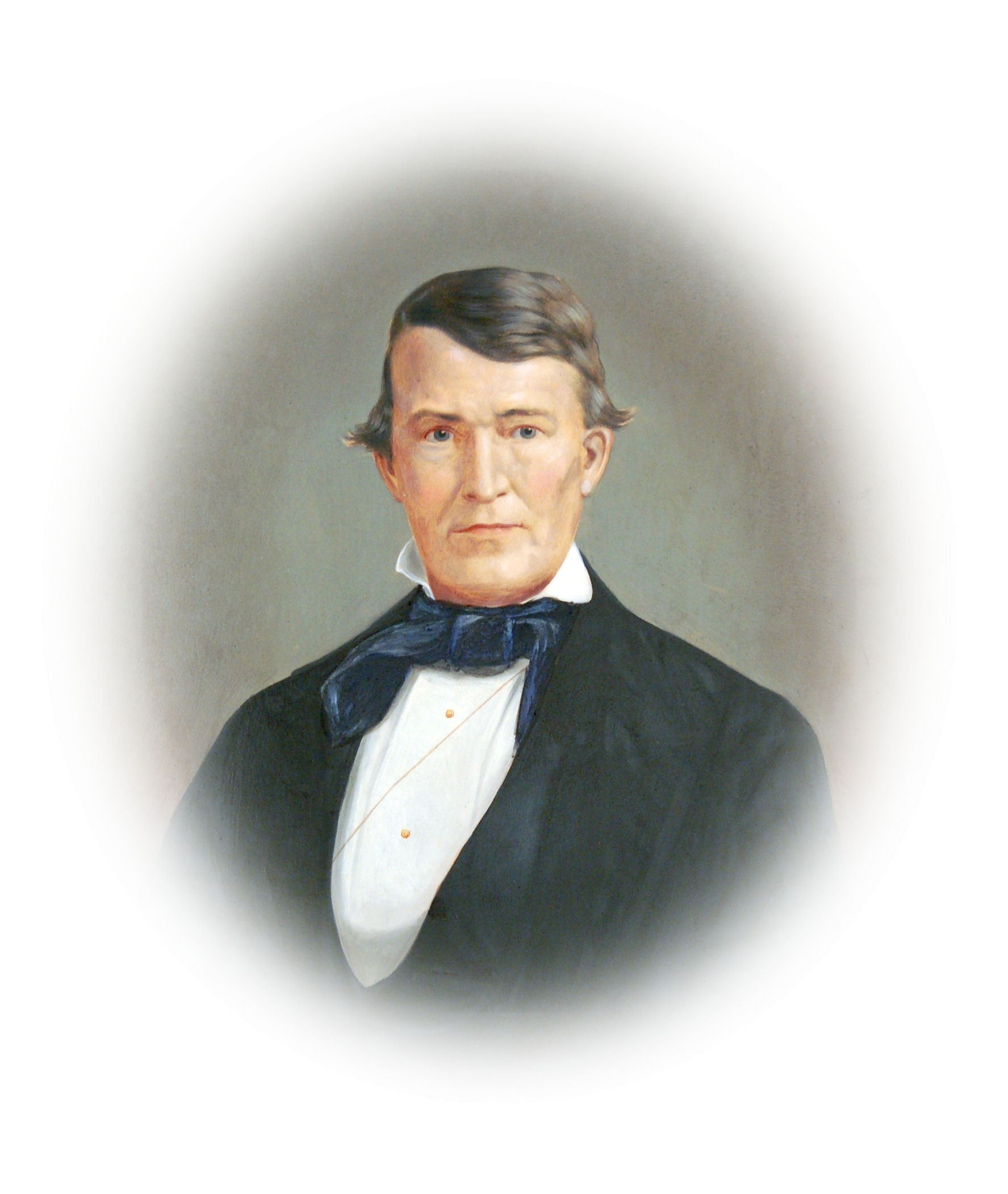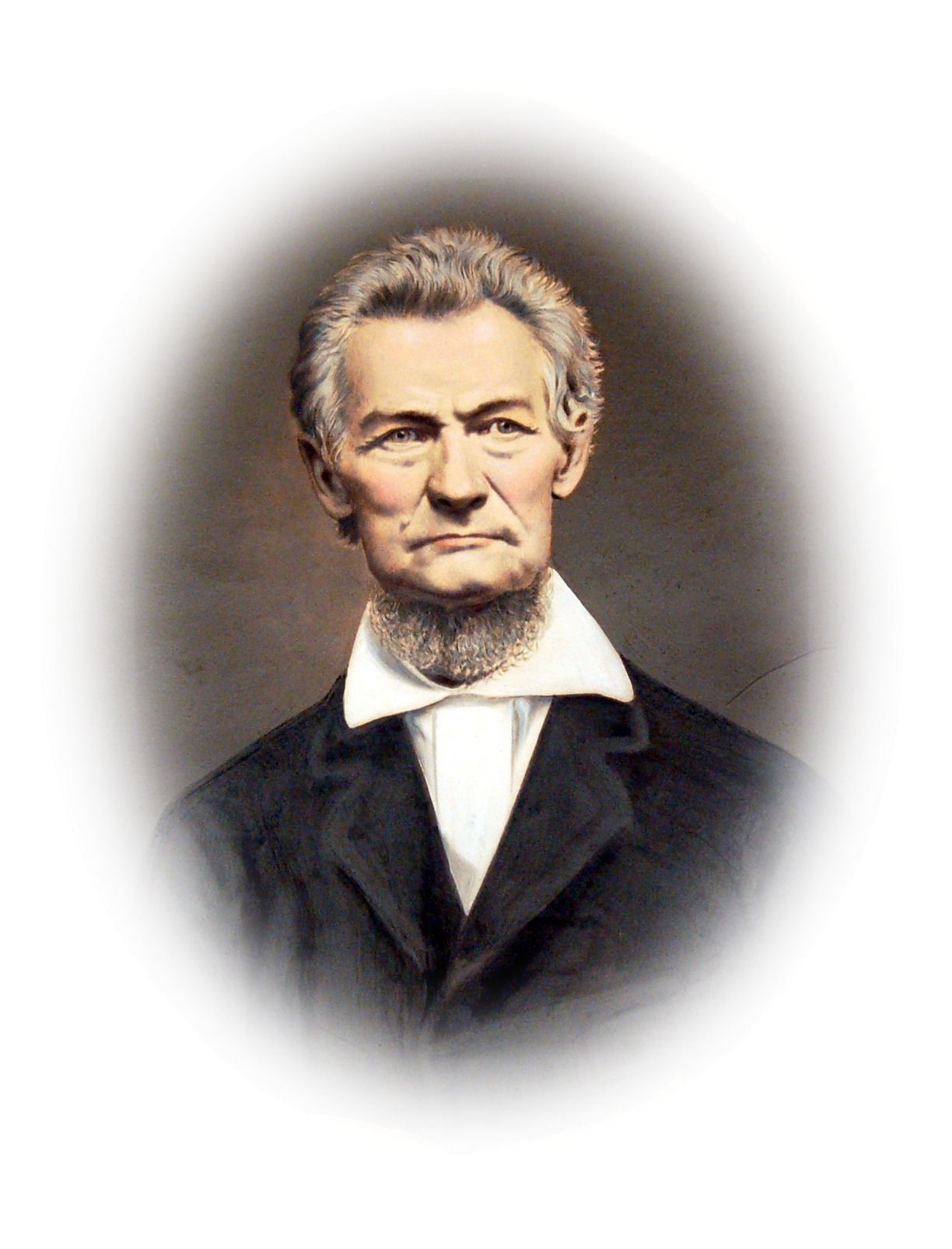
William C. Penick, PGM 1864-1865

“William C. Penick and Elizabeth (Byers) Penick were natives of Cumberland County, Virginia and York district, South Carolina, respectively. William C. Penick was born July 17, 1800 to Nathaniel Penick and Zilla H. Allen. He was educated at Hampdon-Sidney College, Va. He graduated in medicine at Transylvania College, at Lexington, Kentucky about 1824. He married Elizabeth Narcissa Byers Nov. 24, 1825 in York SC. Elizabeth Narcissa Byers was born Nov. 10, 1807 in York, SC . to David (Davie) Byers and Mary Gordon. William practiced medicine in the York District of SC. until 1835 when William and Elizabeth relocated in Alabama. They settled at Wetumpka, where he was engaged in merchandising but resumed the practice of medicine in 1839. He continued his medical practice with great success until the fall of 1846 when he bought a considerable farm near Wetumpka and continued in the business of agriculture until his death on the 16th day of Oct. 1872.
William Penick and Elizabeth had the following children: (1) William Smith Penick (b. Oct. 20, 1826 York Dist., SC d. Aug. 2, 1894 Wetumpka, Elmore Co.,Alabama)(2)John Byers Penick (b. Feb. 5, 1832 York, SC d. Dec. 12, 1840 Wetumpka, Elmore Co., AL) (3) Frances Anna Penick (b. Feb. 5, 1848 Wetumpka, Coosa Co., AL d. Sep. 12, 1885 Wetumpka, Elmore Co., AL) (4) Holmes Allen Penick (b. Mar 1, 1845 Wetumpka, Coosa County, AL d. Oct. 9, 1874 Wetumpka, Elmore Co., AL) (5) David Johnson Penick (b. Mar 8, 1834 York, SC d. Nov. 12, 1834 York, SC) (6) Louisa Josephine Penick (b. Apr. 25, 1842 Wetumpka, Coosa Co., Alabama d. 1843 Wetumpka, Elmore Co., AL) (7) Alemeth Byers Penick (b. Apr. 30, 1836 Wetumpka, Elmore Co., AL d. 1862 Mississippi) (8) Nathaniel Edward Penick (b. June 3, 1830 York, SC d. Sep 1, 1864 GA) (9) Mary Frances Penick (b. Sep 4, 1828 York, SC d. Aug. 3, 1845 Wetumpka, Elmore Co., AL) (10) Sarah Elizabeth Penick (b. Dec. 26, 1838 Wetumpka, Coosa County, Alabama d. Apr. 12, 1916 Wetumpka, Elmore Co., AL)
He was a public-spirited and prominent man in his day. He was a strong unionist in 1833, and an ardent secessionist in 1861. He was a delegate to the Baltimore convention in 1860 from Alabama and assisted in nominating John C. Breckenridge for president. Prior to his death he had acquired a large property in slaves and lands. He died Oct. 16, 1872 and is buried in Wetumpka County Cemetery, Elmore County, Alabama.

